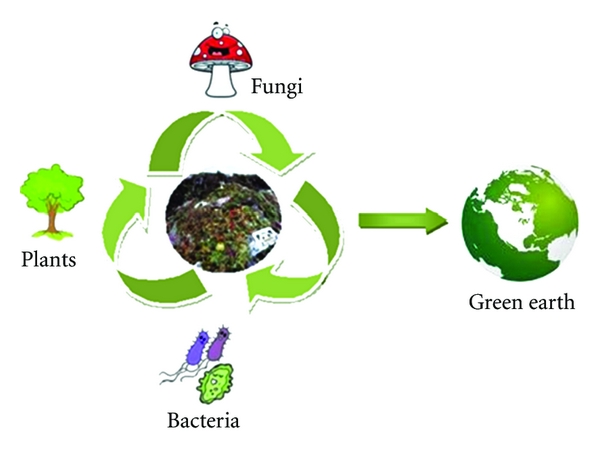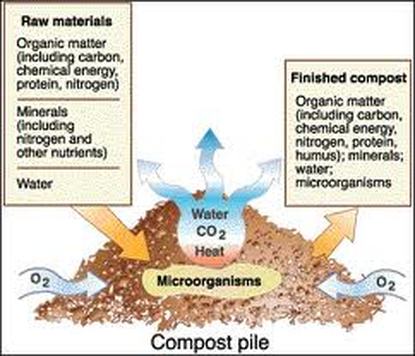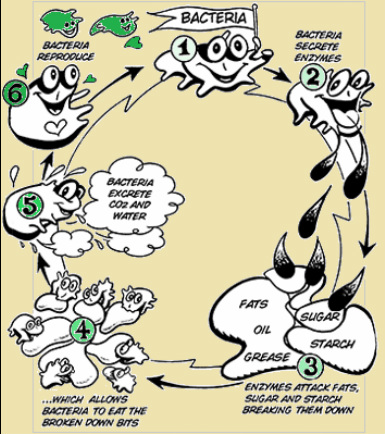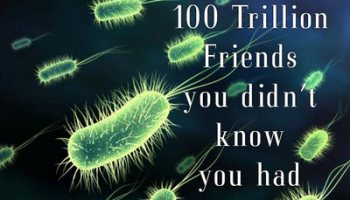|
What is Biodegradable?
The claim biodegradable is often associated with environmentally friendly products. What exactly does this mean? Its best defined as an item being able to be broken down by natural processes, into more basic components. Products are usually broken down by bacteria, fungi or other simple organisms. By this definition, most chemicals are biodegradable; the only thing differing would be the amount of time it takes to break down. A piece of bread will break down rather quickly, whereas a piece of plastic will take decades and beyond. Biodegradation
Is the process by which organic substances are broken down by the enzymes produced by living organisms. The term is often used in relation to ecology, waste management and environmental remediation (bioremediation). Organic material can be degraded aerobically, with oxygen, or anaerobically, without oxygen. From Wikipedia, the free encyclopaedia. Anaerobic degrading process is one of the most ethical, sustainable, environmentally cyclical ways to dispose of organic waste. Good bacteria?Bacillus subtilis (B. subtilis ) is a ubiquitous bacterium commonly recovered from water, soil, air, and decomposing plant residue. The bacterium produces an endospore that allows it to endure extreme conditions of heat and desiccation in the environment. B. subtilis produces a variety of proteases and other enzymes that enable it to degrade a variety of natural substrates and contribute to nutrient cycling. However, under most conditions the organism is not biologically active but exists in the spore form (Alexander, 1977). B. subtilis is considered a benign organism as it does not possess traits that cause disease. It is not considered pathogenic or toxigenic to humans, animals, or plants.
The potential risk associated with the use of this bacterium in fermentation facilities is low. Bacillus Subtilis has no adverse effects in humans. Researchers have found no pathogenic genes, and the strains have also been added to gut epithelial cells without causing any harm. Antibiotic-resistant genes are found in some microbes, and when present in the gut these genes can potentially be passed on to pathogenic bacteria. All of the Bacillus Subtilis strains tested are sensitive to antibiotics which is a good thing. Bacillus Subtilis is an important part of the fermented food Natto, and the consumption of this traditional Japanese food has been linked to several health benefits. Various strains of B. Subtilis have shown to be beneficial in humans, and a comprehensive clinical review showed that probiotic supplements with B. Subtilis improve symptoms of irritable bowel syndrome. It has also been shown that B.Subtilis suppresses the growth of harmful pathogens and enhances the growth of Lactobacillus. While taking probiotic supplements containing soil organisms is one way to go, why not do it the natural way by eating “dirty” vegetables, mushrooms, fruits, berries and other foods from the garden or farmers market, getting water from a quality source, letting your kids play in the dirt, and avoiding excessive hygiene and harsh chemicals? (Source-http://organicfitness.com/soil-organisms-bacillus-subtilis/ Medical uses (1900's) Cultures of B. subtilis were used throughout the 1950s as an alternative medicine due to the immunostimulatory effects of its cell matter, which upon digestion has been found to significantly stimulate broad-spectrum immune activity including activation of secretion of specific antibodies IgM, IgG and IgA[8] and release of CpG dinucleotides inducing INF,A/Y producing activity of leukocytes and cytokines important in the development of cytotoxicity towards tumor cells.[9] It was marketed throughout America and Europe from 1946 as an immunostimulatory aid in the treatment of gut and urinary tract diseases such as Rotavirus and Shigella,[10] but declined in popularity after the introduction of cheap consumer antibiotics, despite causing fewer allergic reactions and significantly lower toxicity to normal gut flora. 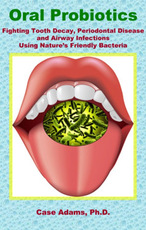
The Newest Way to Prevent Infection,
Boost the Immune System and fight Disease The Probiotic Gate Keepers (Book link -Oral Probiotics, by Casey Adams, PhD) Every mouth is full of bacteria, yeasts, fungi and viruses. Can we stop these infectious micro-organisms from infecting us further? Today, with millions dawning facemasks, washing with antibacterial soaps, and sanitizing classrooms, hospitals and other public places, we need new solutions. Peer-reviewed research from some of the world's foremost microbiologists is now demonstrating that the probiotic bacteria in our mouth can be used to reduce or prevent infections from invading the body's internal tissues. Our oral probiotics can be our first line of defence against some of the most dangerous diseases, including those caused by bacteria, flu viruses and yeasts. This ground breaking book discusses the newest research revealing the cooperative roles friendly oral bacteria play within our immune system. Guidance on supplementation and on how to encourage the growth of our resident probiotic colonies is also described. A must read for anyone wanting to strengthen the immune system and stay healthy. |
All bacteria in a balanced system benefit the system. Create the balance and you also create the safeguards against anything that shouldn’t be there. Destroy that balance and you’ll see health start to slip away as the ecosystem starts to collapse into chaos.
For your reading-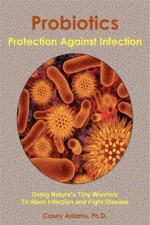
Using Nature's Tiny Warriors To Stem Infection and Fight Disease
The Probiotic-Health Connection (Book-Probiotics Protection Against Infection by Dr Casey Adams, PhD) We are surrounded, inside and out, by bacteria, viruses, fungi and other microbes. Meanwhile, the spread of infectious microorganisms has threatened millions during recent pandemics. More worrisome has been news that dangerous bacteria are becoming resistant to antibiotics. Is there any hope in winning the war against infectious disease with this growing legion of microbial threats? In "Probiotics - Protection Against Infection" we find clear evidence for probiotics' ability to directly engage and defeat infectious microorganisms. We find new clinical proof of probiotics' ability to specifically boost the immune system while under attack. Here we find the scientific facts separated from the hype and the myths; and the amazing discovery that we can fight fire with fire, as long as we properly arm ourselves with the correct strategies for achieving and nurturing strong probiotic colonies. In the book "Probiotics, Protection from Infection," Dr.Casey Adams, PhD., the book's author and a contributing author of our site, cites several hundreds of studies pertaining to taking probiotic supplements and/or eating food rich in probiotics and the direct relationship between these conditions, diseases and body systems. Review "This book is a must for anyone who is interested in protecting their health and the health of their loved ones. Probiotics are not just another form of supplementation, but the most well researched natural health aids that have proven science and evidence of ability to actually cure certain diseases and prevent others. - Dr. Rick Swartzburg, D.C. INTEREST Articles on
current research - Boston Subway System to be Used to Test New Sensors for Biological Agents history - The Bacillus Subtilis Story -discovered by Germany |

